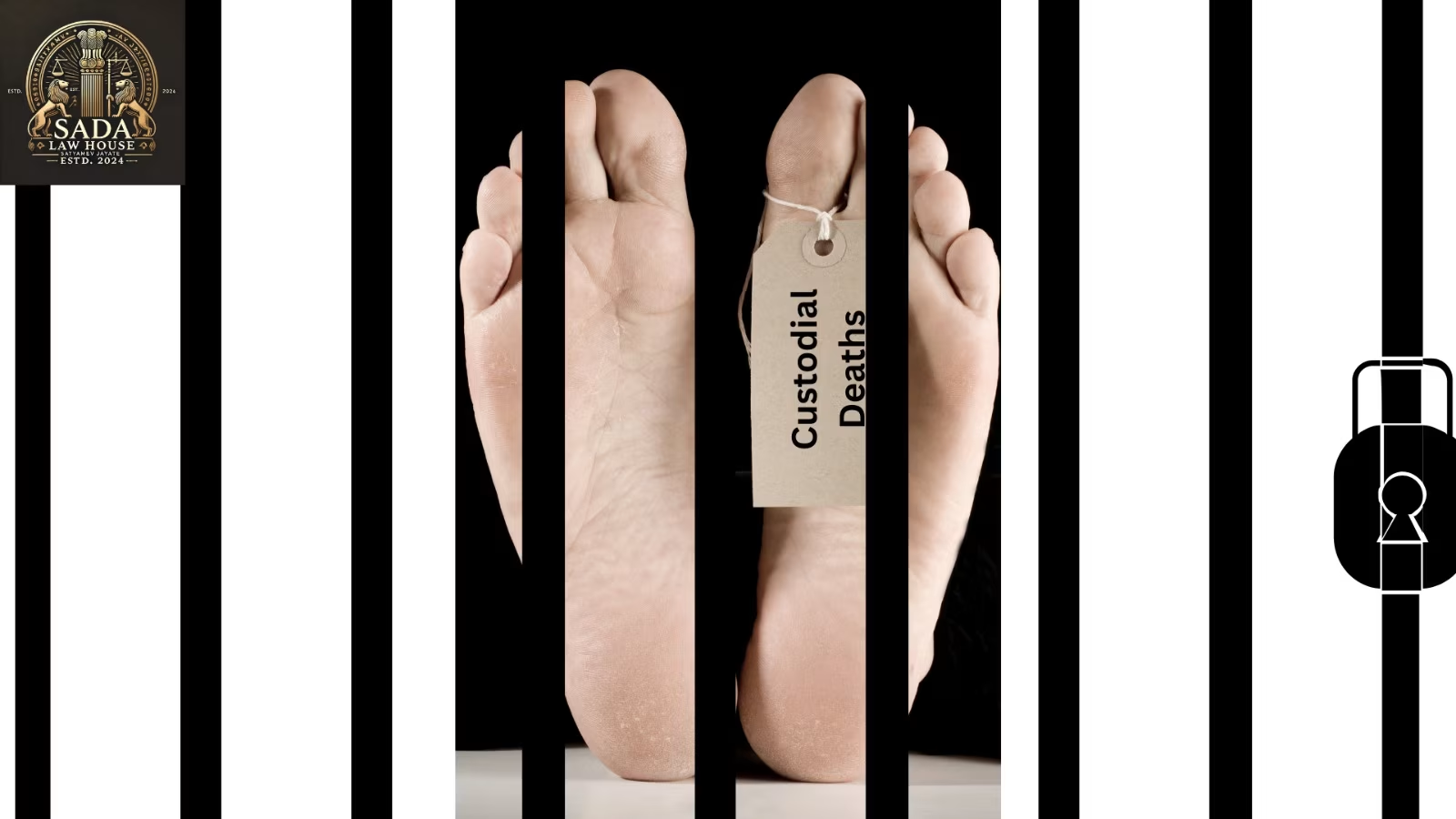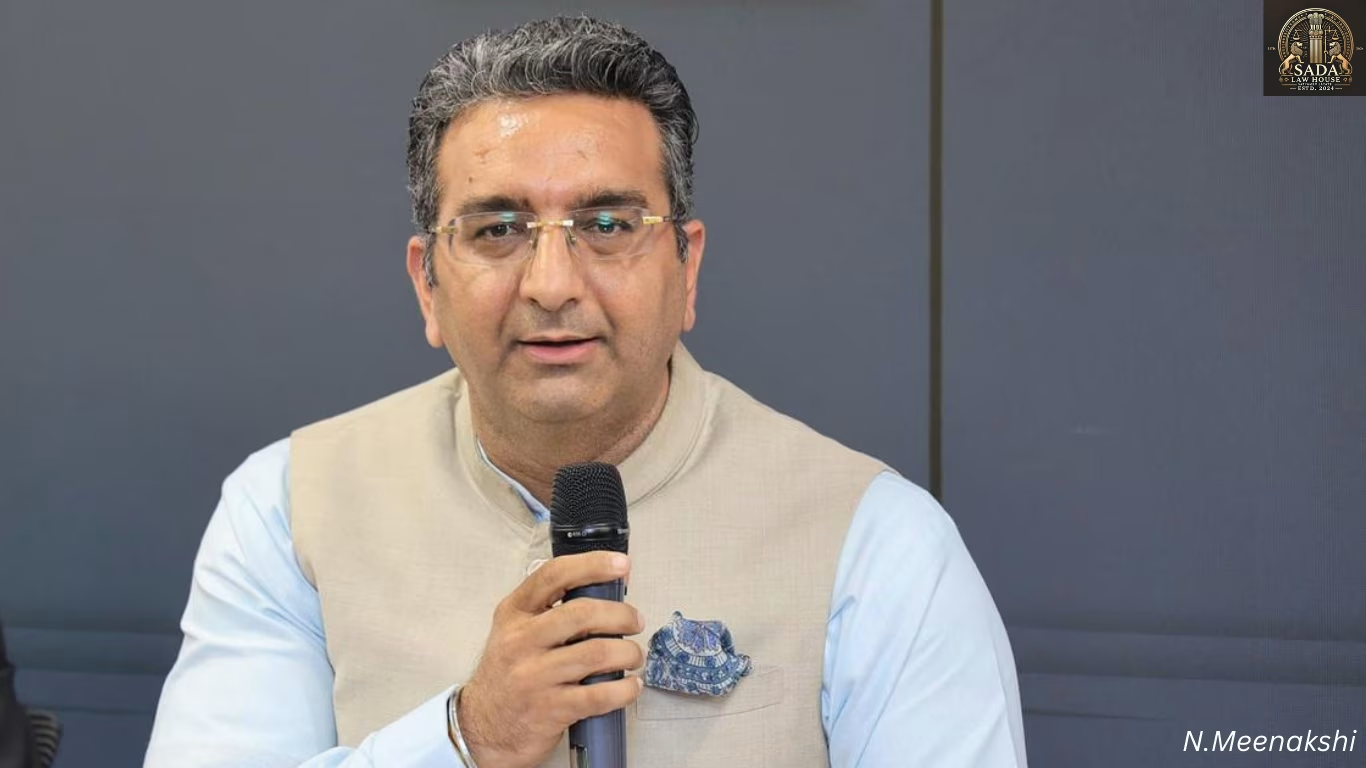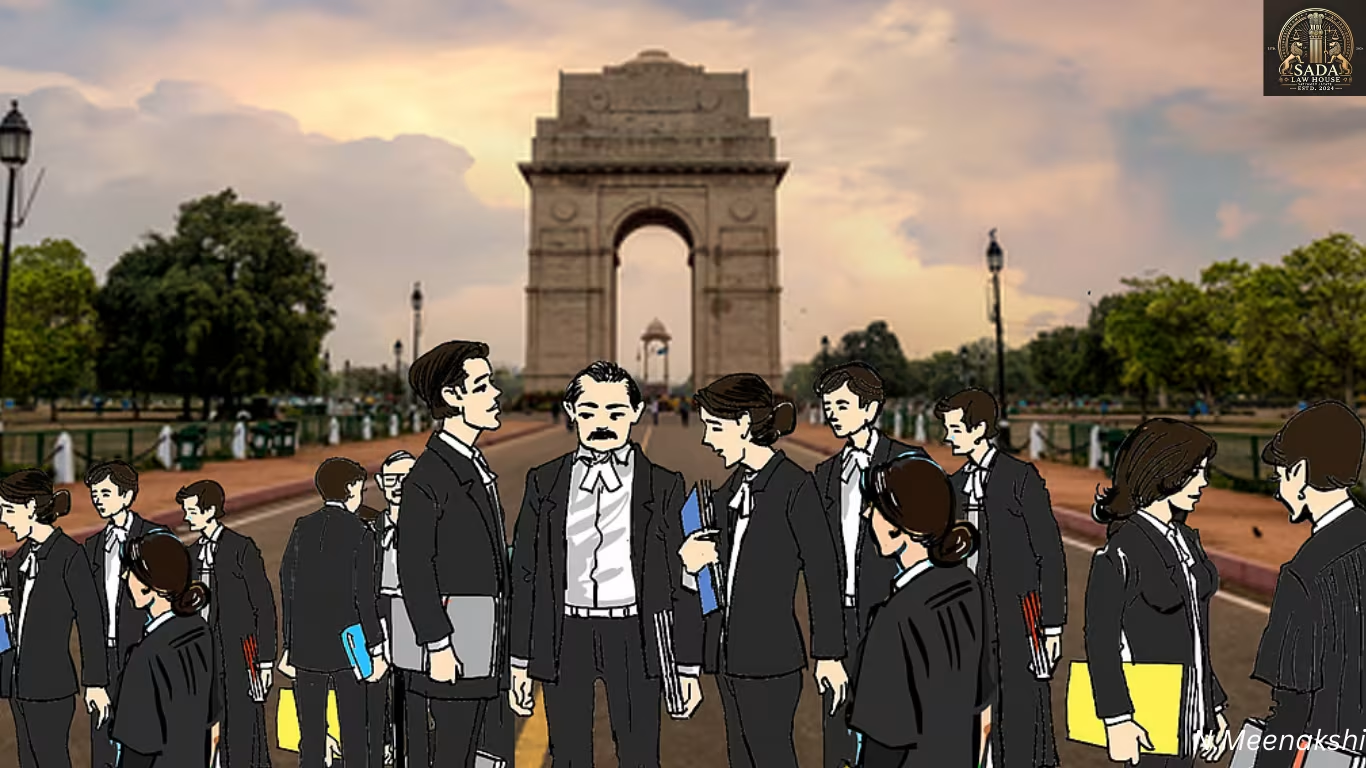Delhi High Court Seeks Accountability for Custodial Deaths — Justice Beyond the Bars
- Kashish Jahan
- 31 JULY 2025

The Delhi High Court has demanded a detailed action plan from police authorities on custodial deaths, highlighting a systemic violation of Article 21. This strong judicial intervention could set a new benchmark for prison and police accountability in India.
The Right to Life Must Extend Behind Bars
On 25 July 2025, the Delhi High Court took a strong stand against the rising number of custodial deaths in the capital. Justice Asha Rao referred to the deaths as a “systemic failure”, emphasizing that they violate Article 21 of the Constitution — the right to life and human dignity.
A Public Interest Litigation (PIL) filed by a group of human rights lawyers cited recent NCRB data indicating a 27% increase in custodial deaths over the past two years. Most of these victims came from marginalized communities and lacked access to legal assistance.
Shocking Pattern of Negligence and Suppression
The petition uncovered alarming trends:
Families being coerced to withdraw complaints.
CCTV footage missing despite Supreme Court mandates.
Medical reports being altered to conceal abuse.
Justice Rao cited the Paramvir Singh Saini judgment which directed that all police stations and interrogation rooms must be equipped with functioning CCTV cameras. She remarked, “The Constitution’s promise of dignity does not end when the lock-up door closes.”
Court Directives: A Push for Transparency
The High Court issued a series of binding directions:
The Delhi Police Commissioner must submit a five-year record of custodial deaths.
Details of disciplinary actions taken against involved officers must be disclosed.
Proof must be furnished that all lock-ups have operational CCTV with backup systems.
The preservation of video footage is now mandatory.
Independent medical examinations must be conducted for every case of injury or death in custody.
Reigniting India’s Struggle for Prison Reform
This judicial intervention reopens India’s longstanding struggle with torture in custody, a problem spotlighted in the landmark D.K. Basu v. State of West Bengal case, yet rarely enforced in practice.
The upcoming August hearing will reveal whether Delhi’s jails and police stations will finally prioritize human dignity and accountability. If the High Court’s stand results in measurable reform, it could become a national model for custodial justice.
Live Cases






